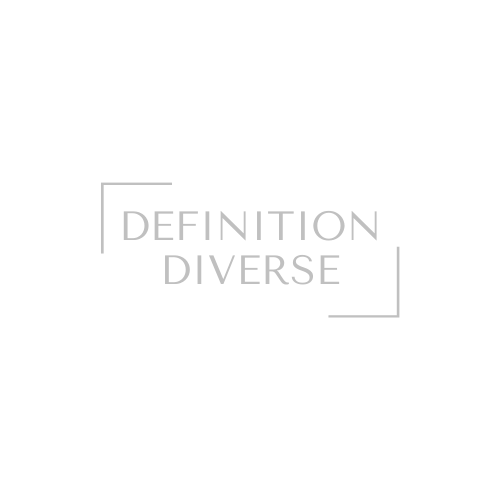EMOTION
Positive emotions are markers of our wellbeing or happiness – they enhance our future growth & success across education, work, relationships, health and longevity. Fredrickson’s broaden and build theory suggests that positive emotions lead to a broadening of thought – action repertoires to build resources for optimising life outcomes.
Negative emotions provide a rapid response to a perceived focal threat, for example: fear produces motivation and physiological responses to escape threat. These responses have an evolutionary base when our ancestors had to manage life-death scenarios. So, negative emotions may serve us in terms of survival, while positive emotions provide resource-building value to our life.
So, what are some tips to enhance positive emotions and emotion regulation? https://www.happinessresearchinstitute.com/ and https://headspace.org.au/
- Self-awareness: notice & identify your “felt” experience and the impact on your responses. Being able to identify & name an emotion is an important step: mindfulness or seeing a mental health professional is suggested.
- Cognitive reappraisal: or altering the way we think about potentially emotion-eliciting events is shown to be a healthier option than expressive suppression.
- Adaptability: emotional dysregulation impacts our ability to adapt to life changes, leading to distraction, reduced coping & triggering resistance to change. To build adaptability we can try to be open to new experiences, ideas and change.
- Mindfulness: or paying attention, on purpose, in the present moment, and non-judgmentally, can be developed by use of the breath and meditation.
- Signature strengths: practicing daily use of your unique strengths, as well as visualizing your best possible self, allows your experience of positive emotions and cultivates flow states.
- Self-compassion: giving ourselves daily personal time improves emotional regulation skills. Allowing our minds to experience a flexible space, changes the way we feel and react to our emotions: positive self-affirmations, relaxation, meditation, self-care and gratitude journaling act to support our self-compassion.
